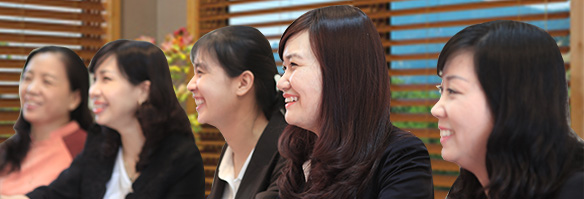comprehensive search, Broad and in-depth comment

Q. Is a search is required for trademark registration?
A. No, it is up to applicant to decide.
Q. Who will conduct a trademark search?
A. In most cases it is conducted by experienced trademark agents.
Q. May one request Trademark Office to conduct a search?
A. No.
Q. What will be required for an agent to conduct a trademark search?
A. A mark specimen, and goods and services bearing the mark.
Q. Is cross-class search is necessary?
A. Yes.
Q. How will an agent conduct a search?
A. It will conduct a seach for earlier simialr marks in Trademark Office’s database of national registration, WIPO's database of international registration. In addition, experienced agents will also conduct a common law search involving directories, databases and other sources to see whether a given mark has been used already.
Q. Vietnam Trademark Office exercises first-to-file principle then why is a common law search still necessary?
A. A well-known mark is protected without having been registered. In addition, an unregistered mark may also prevail a mark with a filing date.
Q. Will an agent give comment on both inherent distinctiveness and availability for use and registration?
A. Yes.
Q. How long does it takes for an agent to conduct a search and give comment?
A. Three days on average.
Q. Does international filing need a search?
A. Yes, there is no difference between national and international applications in this aspect.
Q. If one uses a mark in color, will a search in black and will be sufficient?
A. Yes if color(s) is simple. If color(s) constitute a distinctive characteristic of the mark, a search in color may be necessary.
Q. If one uses a composite mark, will a search for word mark be sufficient?
A. In most of cases, a search should be conducted for the composite mark in whole.
Q. How long is the blind period?
A. About 2 months for national application and 6 months for those filed through Madrid System.
Q. How one can rely on search result and comment by an agent?
A. Unfortunately it varies from one agent to another. Error by experienced agents practically can be nearly zero.
